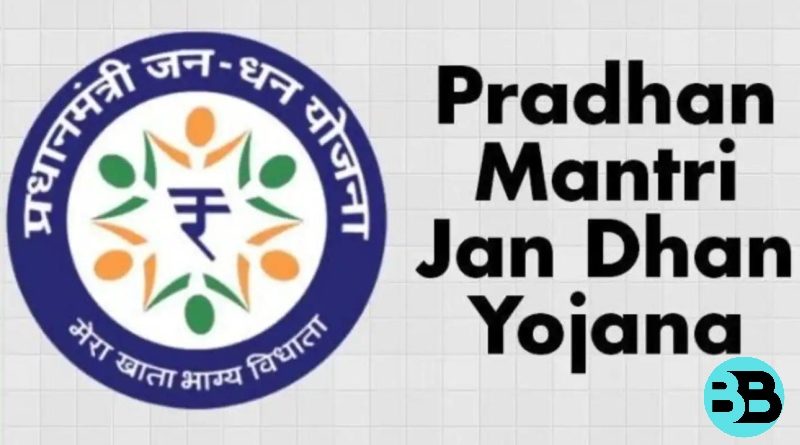The Pradhan Mantri Jan Dhan Yojana
The Pradhan Mantri Jan Dhan Yojana (PMJDY) is a financial inclusion scheme launched by the Government of India on August 28, 2014. Its primary objective is to ensure affordable and accessible financial services to all individuals in the country, especially those who do not have access to banking facilities.
Key features of the PM Jan Dhan Yojana:
Financial Inclusion: The scheme aims to provide every household with a bank account, making it easier for people to save, deposit, and access formal banking services.
No Minimum Balance: PMJDY accounts do not require a minimum balance, allowing even those with low income or irregular earnings to open accounts without worrying about maintaining a minimum balance.
Rupay Debit Card: Each Jan Dhan account holder is provided with a Rupay debit card, which can be used for transactions at ATMs, point-of-sale (POS) machines, and online purchases.
Accidental Insurance: Account holders are eligible for an accidental insurance cover of up to Rs. 2 lakh (subject to certain conditions) to provide financial security in case of unforeseen accidents.
Overdraft Facility: PMJDY accounts that have been in operation for a certain period and meet specific criteria are eligible for an overdraft facility of up to Rs. 10,000, enabling account holders to access credit.
Direct Benefit Transfer (DBT): PMJDY accounts are often used for the direct transfer of subsidies, pensions, and other government benefits, reducing leakages and ensuring efficient delivery of welfare schemes.
Financial Literacy: The scheme also emphasizes financial literacy and awareness programs to educate people about various financial products and services.
The PM Jan Dhan Yojana has played a crucial role in bringing millions of unbanked and underbanked individuals into the formal banking system, thus fostering financial inclusion and promoting economic growth in India.




